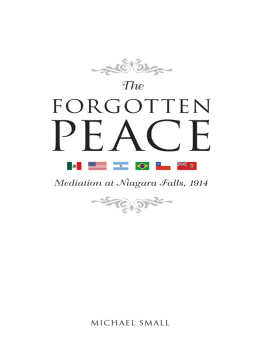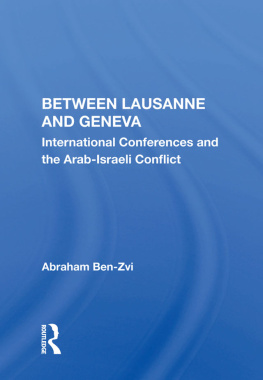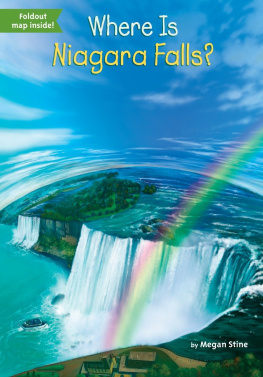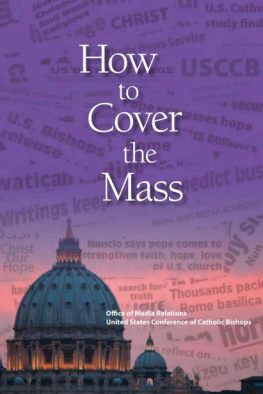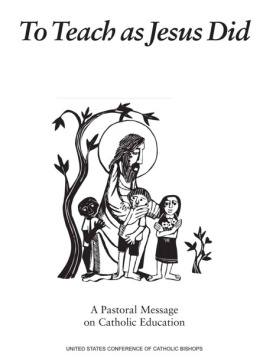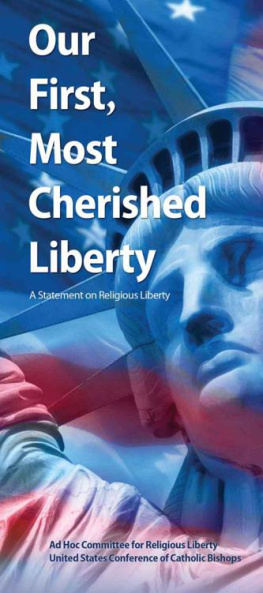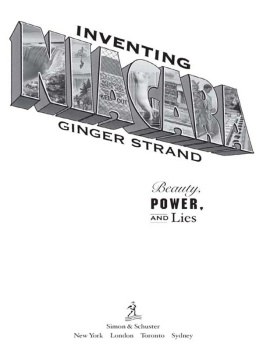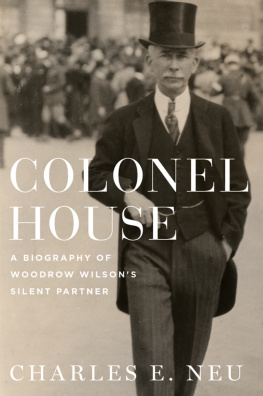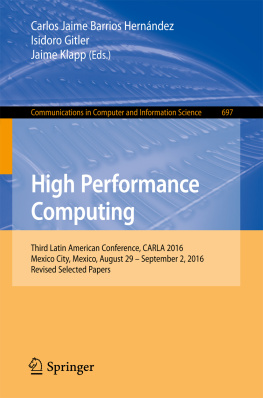The
FORGOTTEN
PEACE
GOVERNANCE SERIES
G overnance is the process of effective coordination whereby an organization or a system guides itself when resources, power, and information are widely distributed. Studying governance means probing the pattern of rights and obligations that underpins organizations and social systems; understanding how they coordinate their parallel activities and maintain their coherence; exploring the sources of dysfunction; and suggesting ways to redesign organizations whose governance is in need of repair.
The series welcomes a range of contributions from conceptual and theoretical reflections, ethnographic and case studies, and proceedings of conferences and symposia, to works of a very practical nature that deal with problems or issues on the governance front. The series publishes works both in French and in English.
The Governance Series is part of the publications division of the Centre on Governance and of the Graduate School of Public and International Affairs at the University of Ottawa. This volume is the 23rd volume published in the Series. The Centre on Governance and the Graduate School of Public and International Affairs also publish a quarterly electronic journal, www.optimusonline.ca.
Editorial Committee
Caroline Andrew
Linda Cardinal
Monica Gattinger
Luc Juillet
Daniel Lane
Gilles Paquet (Director)
The published titles in the series are listed at the end of this book.
The
FORGOTTEN
PEACE
Mediation at Niagara Falls, 1914
MICHAEL SMALL
University of Ottawa Press
UNIVERSITY OF OTTAWA PRESS 2009
All rights reserved.
The University of Ottawa Press acknowledges with gratitude the support extended to its publishing list by Heritage Canada through its Book Publishing Industry Development Program, by the Canada Council for the Arts, by the Canadian Federation for the Humanities and Social Sciences through its Aid to Scholarly Publications Program, by the Social Sciences and Humanities Research Council, and by the University of Ottawa.

LIBRARY AND ARCHIVES CANADA CATALOGUING
IN PUBLICATION
Small, Michael, 1958
The forgotten peace : mediation at Niagara Falls, 1914 /
Michael Small.
(Governance series, 14873052)
Includes bibliographical references and index.
ISBN 978-0-7766-0712-2
1. Niagara Falls Peace Conference (1914).
2. MexicoHistoryRevolution, 19101920.
3. United StatesForeign relationsMexico.
4. MexicoForeign relationsUnited States.
I. Title. II. Series: Governance series (Ottawa, Ont.)
F1234 S62 2009 341.730971 C2009-902709-7

UNIVERSITY OF OTTAWA PRESS
542 King Edward Avenue
Ottawa, Ontario K1N 6N5
www.uopress.uottawa.ca

For my parents
When Its Mediation Time in Canada,
In Canada, in Canada
By the good old Falls, well watch and wait,
And Mediate.
When its Mediation Time in Canada,
Well come here for a rest;
And well pay ten cents to cross the Bridge
Whether going East or West.
Parody sung by reporters, May 1914.
Table of contents
Chapter 1
Breaking news
Chapter 2
Prelude to intervention
Chapter 3
A ray of light
Chapter 4
Diplomatic distractions
Chapter 5
The mediation
Chapter 6
The aftermath
Chapter 7
Failures and accomplishments
Chapter 8
Looking back from today
Appendix 1
Images of the conference
Appendix 2
Mediation (from Punch)
Index
Maps and Photographs

In the late summer of 1993, I was studying Spanish in Cuernavaca in preparation for a diplomatic assignment to the Canadian Embassy in Mexico City. While reading a general history of the Mexican Revolution by a British writer, Ronald Atkins, I came across a single paragraph that mentioned that after four years of upheaval there was an unsuccessful attempt in the summer of 1914 by three South American powers, Argentina, Brazil, and Chile, to mediate an end to Woodrow Wilsons attempt to influence the course of the Revolution by military intervention. A peace conference was convened between the United States and Mexico by these three mediating powers and the location chosen was Niagara Falls, Ontario.
I had never heard of this event and I wondered what the contemporary citizens of Niagara Falls would have made of it. Indeed, over the next three years, while I was involved with Canadas rapidly expanding political relationship with Mexico in the post-NAFTA era, I never heard or read another reference to this unusual early chapter in Canadas relations with Mexico. Nevertheless, this intriguing fact remained stuck in my memory.
Ten years later I was granted the privilege of spending a year as a Fellow of Harvard Universitys Weatherhead Center for International Affairs. One of the obligations of being a Fellow is to produce a Fellows paper on any subject of interest to the author. After discarding a few contemporary topics, I decided to try to discover what I could in the stacks of Harvards magnificent Widener Library about the seemingly forgotten Niagara Falls Peace Conference of 1914. What I found was that, while the conference had been covered in passing in various works of scholarship written during the 1950s, 1960s, and 1970s dealing with American intervention in the Mexican Revolution, only one monograph had ever been devoted to the subject, written in Spanish by a scholar attached to the Chilean Academy of Diplomatic Relations in 1967. No full-length treatment of the conference had been written in English since 1914. As for Canadian secondary sources covering this event, there were none.
What follows is my attempt to retell the story of the Niagara Falls Peace Conference, using contemporary Canadian and American newspapers, American, British and Mexican diplomatic archives, and all the secondary sources from North and South America that I could find in Widener Library. I also discovered a remarkable scrapbook of newspaper clippings and cartoons about the conference collected by the Argentine mediator which added a contemporary visual dimension to the record. I have tried to use my diplomatic training to piece together the story from the inside, keeping one eye on the envoys at the conference, who were committed to finding a just peace, while keeping another eye on the principals in the conflict, for whom the conference was but a proxy for securing victory by other means.
The story itself is a case study of the limits of third-party mediation, which should speak to aspiring modern mediators. More intriguingly, it casts some light from history on topics of intense current debate, such as the rights and wrongs of military intervention to restore democracy in a country under dictatorship, and the unexpected consequences that such interventions can generate.
Finally, for Canadian readers the story of this conference fills in a forgotten chapter in our relations with the United States and Mexico. It should spark some reflections on our current place in the world, since no peace effort quite like it has ever been attempted, before or since, on Canadian soil.
Next page
